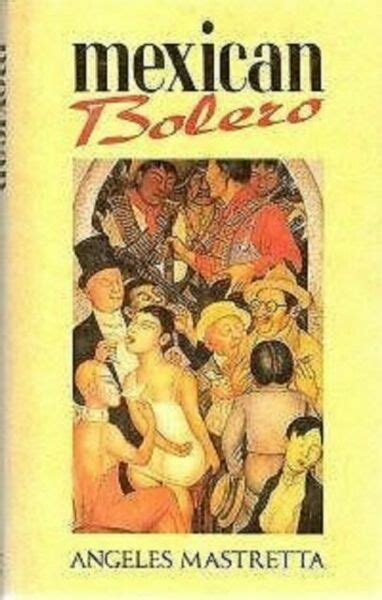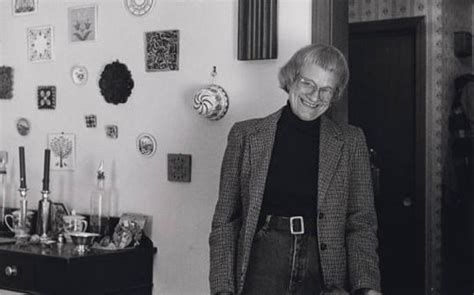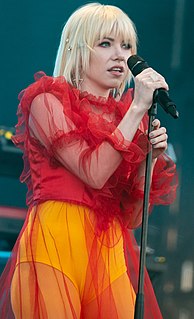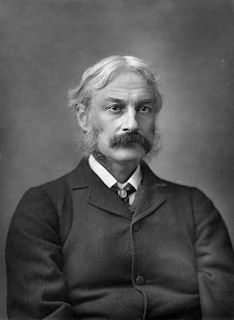A Quote by Cheryl Strayed
Of course some people manage to write books really young and publish really young. But for most writers, it takes several years because you have to apprentice yourself to the craft, and you also have to grow up. I think maturity is connected to one's ability to write well.
Related Quotes
The people who review my books, generally, are kind of youngish culture writers who aspire to write books, or write opinion pieces about what they think of Neil Young, or why they quit watching ER or whatever. And because of that, I think there's a lot of people who write about my books with the premise of, "Why this guy? Why not me?"
I write for young people because I like them and because I think they are important. Children's books can be mind-stretchers and imagination-ticklers and builders of good taste in a way that adult books cannot, because young people usually come to books with more open minds. It's exciting to be able to contribute to that in a small way.
The most common thing I find is very brilliant, acute, young people who want to become writers but they are not writing. You know, they really badly want to write a book but they are not writing it. The only advice I can give them is to just write it, get to the end of it. And, you know, if it's not good enough, write another one.
The process for writing a picture book is completely different from the process of writing a chapter book or novel. For one thing, most of my picture books rhyme. Also, when I write a picture book I'm always thinking about the role the pictures will play in the telling of the story. It can take me several months to write a picture book, but it takes me several years to write a novel.
I think that anyone really can write songs, it just takes having an idea and a feeling and chasing it, and you can learn more about it. I think that's why I go to so many sessions. It is a craft that you can learn from other people. I find it to be the most fascinating thing. So I write a lot, yeah!
But it's clear to me that us slow-poke writers are a dying breed. It's amazing how thoroughly my young writing students have internalized the new machine rhythm, the rush many of my young writers are in to publish. The majority don't want to sit on a book for four, five years. The majority don't want to listen to the silence inside and outside for their artistic imprimatur. The majority want to publish fast, publish now.
Gather knowledge about the craft of writing. Immerse yourself in the art of it. Then write. Write yourself silly. Write yourself mad. Write yourself blind. Trust the excitement that builds within you when the idea is good and the writing is superb. You can do it, but that's the hell of it as well as the exultation of it. You have to do it.
It is truly excellent to have someone believe in you and your ability to write. But I think it is just as helpful to have people who don't believe in you, people who mock you, people who doubt you, people who enrage you. Fortunately, there is never a shortage of this type of person in the world ... write for yourself. Write for the story. And write, also, for all of the people who doubt you. Write for all those people who are not brave enough to do this grand and wondrous thing themselves. Let them motivate you.





































